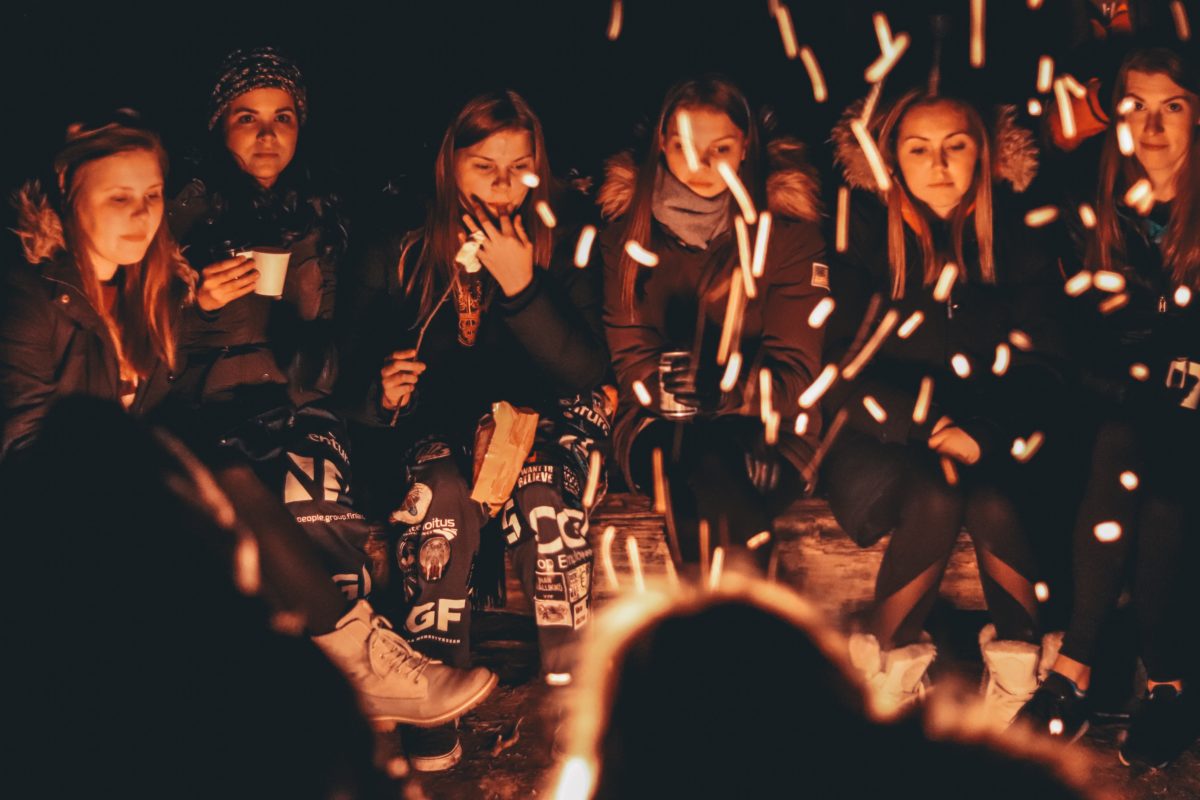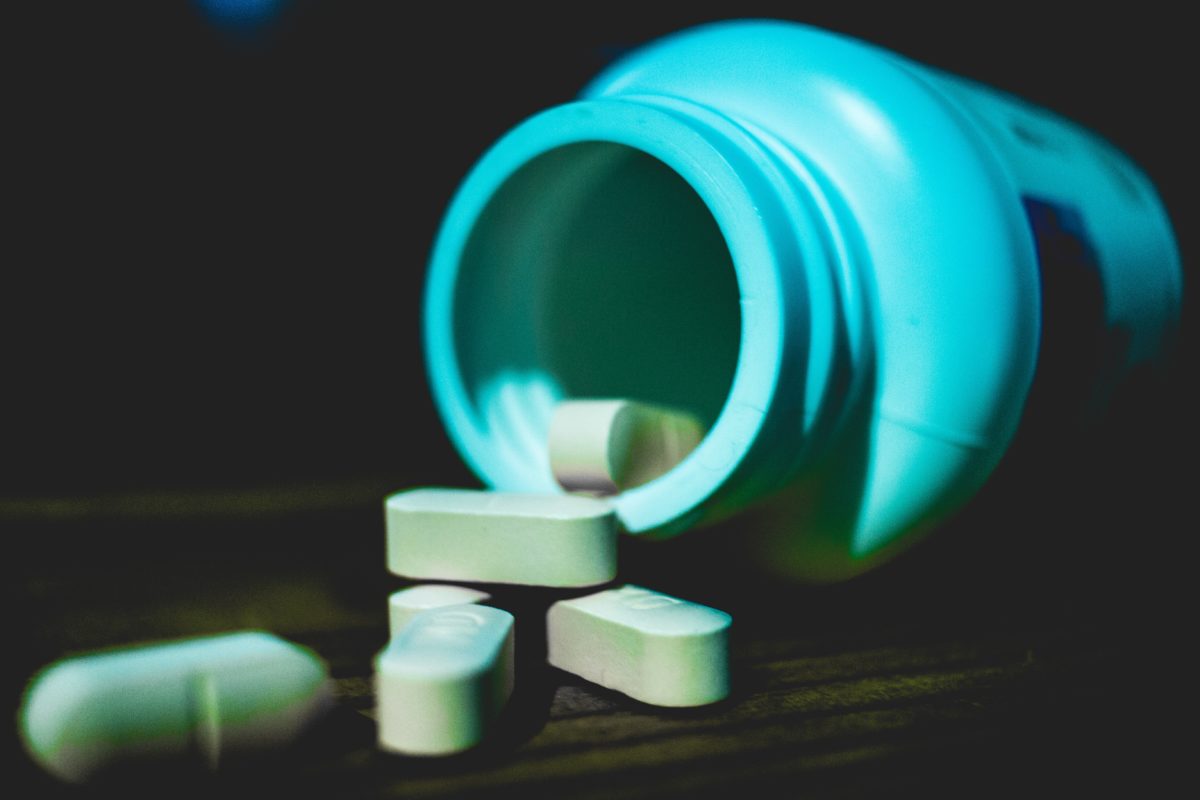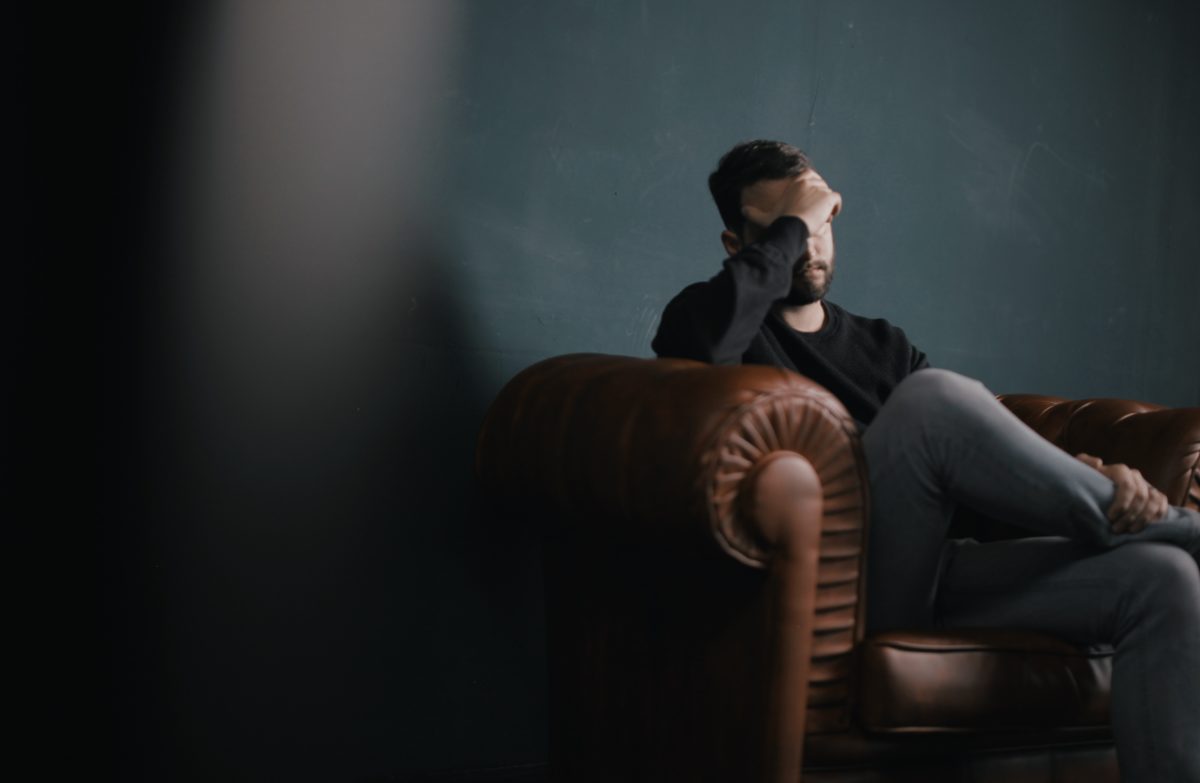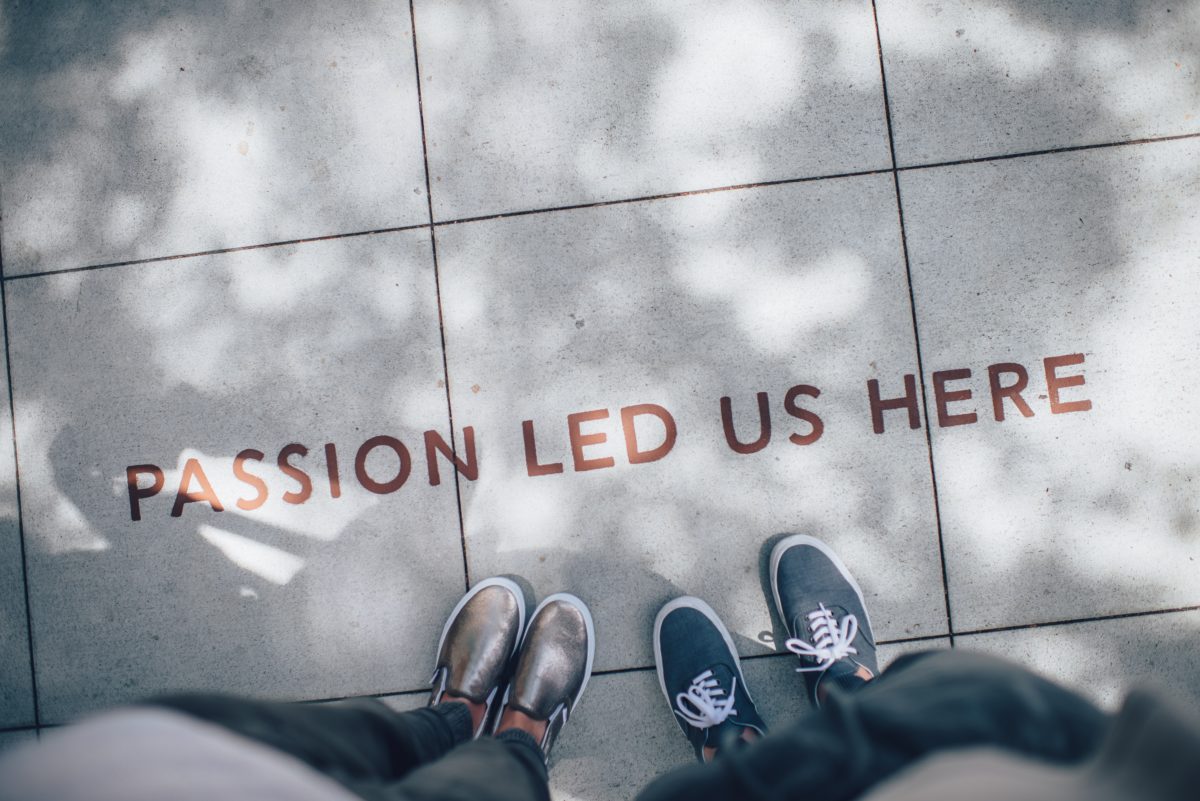Life Skills
Have you ever asked yourself, what are life skills? You’re not alone. Not everyone knows what life skills are, but everyone can learn and benefit from them.
Life skills is a broad term used to define the abilities necessary for effective functioning in everyday life. They include a combination of psychological, behavioral, and interpersonal skills. Even a highly intelligent person can struggle with daily demands and responsibilities without proper life skills.
Life skills make life a little easier. We’re happier, healthier, and more successful when we can effectively manage the stresses of a complex, busy lifestyle. This also holds true for people who are in recovery from addiction.
At Supreme Wellness Recovery, we realize how critical life skills are for relapse prevention and helping a person reach their full potential after rehab.
Why Are Life Skills So Important for Recovery?
Most people are unable or unwilling to handle daily tasks during active addiction. They avoid grocery shopping, paying bills, preparing meals, balancing the checkbook, or other basic duties. Over time, their ability to perform these tasks diminishes, and they need to relearn certain things.
Our program at Supreme Wellness Recovery offers a comprehensive curriculum of therapies and services to help a person regain these essential skills. We want them to succeed in re-establishing their place in the community and their families.
The Life Skills We Teach
Some experts disagree about what qualifies as an essential life skill. Nevertheless, the World Health Organization groups life skills into six key areas:
- Self-control and assertiveness
- Communication and interpersonal skills
- Self-awareness and empathy
- Ability to cope with problems
- Problem-solving and decision-making
- Creative thinking and critical thinking
When people feel in control of life, they are better equipped to avoid relapse. These skills will enable patients to handle almost any situation that arises after rehab. Let’s explore them in a little more detail.
Self-Control and Assertiveness
Being assertive is part of taking responsibility for one’s needs, and many people who are addicted to drugs or alcohol lack this ability.
The trick is to be assertive without causing harm to others. It’s vital to learn effective methods for getting the point across without being aggressive or manipulative.
Communication and Interpersonal Skills
Substance use diminishes a person’s ability to communicate effectively. As a result of guilt or shame about their drug use, a person often avoids interaction with others. They don’t want to face loved ones or friends who may question the substance use.
Through our group activities and counseling sessions, patients become more comfortable talking with and spending time with others. Supreme Wellness also teaches patients lessons on professional communication, including resume-building and interview coaching.
Self-Awareness and Empathy
Addiction fosters a pattern of selfish behavior that revolves around using and acquiring more of a drug. Patients often ignore the needs of family members, co-workers, or friends. Our treatment program provides opportunities to learn how to see things from another person’s perspective.
Ability to Cope with Problems
Many people turn to drugs or alcohol to help them cope with stressful situations. Over time, the coping tool leads to addiction. After rehab, the individual must learn healthier coping skills to avoid relapse.
At Supreme Wellness, we help clients learn to identify their triggers and develop effective coping mechanisms that will aid in managing those triggers or problems.
Problem-Solving and Decision-Making
During addiction, most people get high and ignore their problems. Learning how to face problems head-on while sober will be difficult. People in recovery must learn how to avoid making impulsive decisions.
They must also learn not to be afraid to make a decision or solve a problem. Fear of failure often holds patients back from doing either, especially in early recovery. Do you have a pending court case, for example? Most people in active addiction will avoid legal issues. Supreme Wellness Recovery can help you address legal issues and move on with your life.
Creative Thinking and Critical Thinking
Critical and creative thinking are the abilities to decide what you want and make a plan based on the result you want to achieve. Developing these skills during addiction treatment is essential to relapse prevention.
A person in recovery is dealing with many new changes all at one time. They need the ability to look at things objectively, re-examine past beliefs, and resist going back to those old behavior patterns.
Life Skills at Supreme Wellness Recovery
We believe that life skills for recovering addicts are vital. To help our clients cultivate effective life skills, Supreme Wellness Recovery offers various services and therapies. We know that completing rehab is just the beginning of a journey that can be difficult in many ways. Our goal is to offer clients the guidance, support, and assistance to stay on track.
Depending on a client’s situation, we will help them find a job, achieve a GED, get into college, obtain their driver’s license, or find an attorney. We offer assistance with online schooling, schoolwork, or finding tutors for younger people.
Supreme Wellness Recovery has over 30 community partners to help clients get the services they need during and after treatment. We are in-network with major insurance companies to ensure that our clients get the most affordable treatment available.
Contact Supreme Wellness Recovery today to learn more about our life skills program for recovering addicts. We are located in Bucks County, Pennsylvania.
ADDITIONAL SERVICES

GROUP
THERAPY
A valuable source of support led by one or more psychologists and offering greater perspectives.

MAT COORDINATION

EXPERIENTIAL THERAPY
Opportunities and experiences, like nature walks, meditation, and yoga, that open up new horizons for recovery.

12 STEP
PROGRAMMING
12-step programs help addicts and alcoholics achieve life-long sobriety by providing a spiritual connection and encouraging strong social support.

TRAUMA CURRICULUM
Evidence-based curriculum designed to help individuals recover from the effects of trauma in their lives.

COMMUNITY CONNECTION
Maintaining and enhancing community connections through student assistance programs, workshops, presentations, and more.

ADOLESCENT DEVELOPMENT
Structured intervention techniques provide adolescents with interpersonal skills necessary to be accepted in the workforce and community.

RECOVERY SUSTAINABILITY
Therapeutic services help client’s reduce cravings and focus on personal growth, restoring good health and promoting long-term success.

